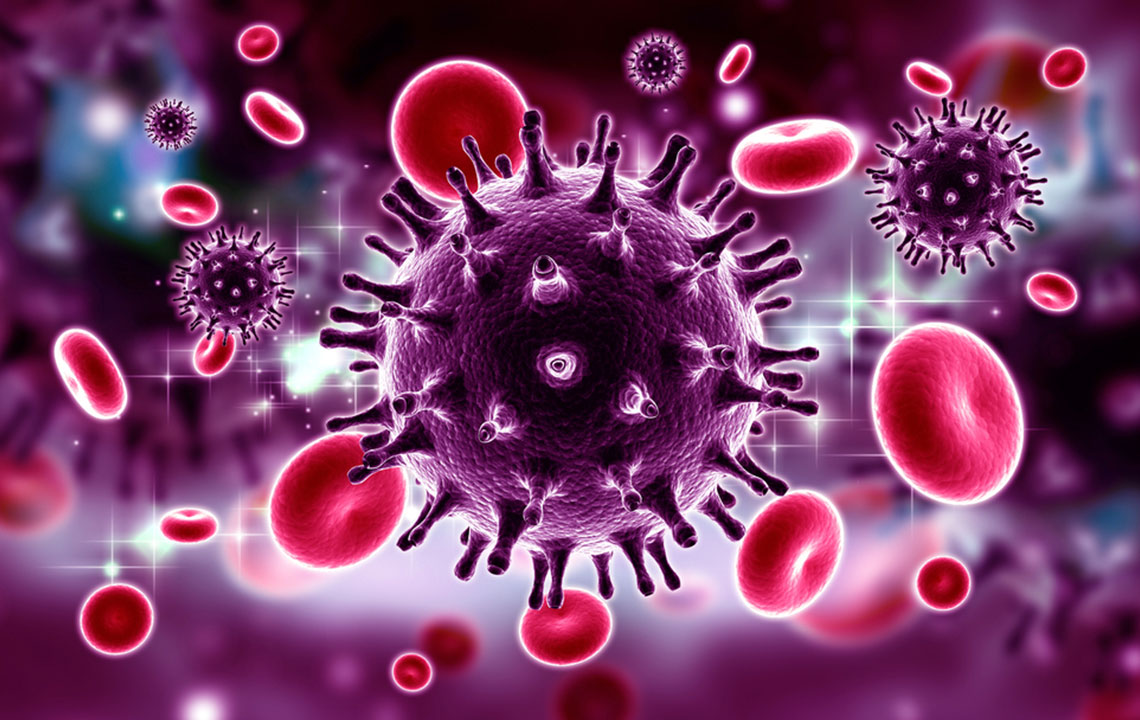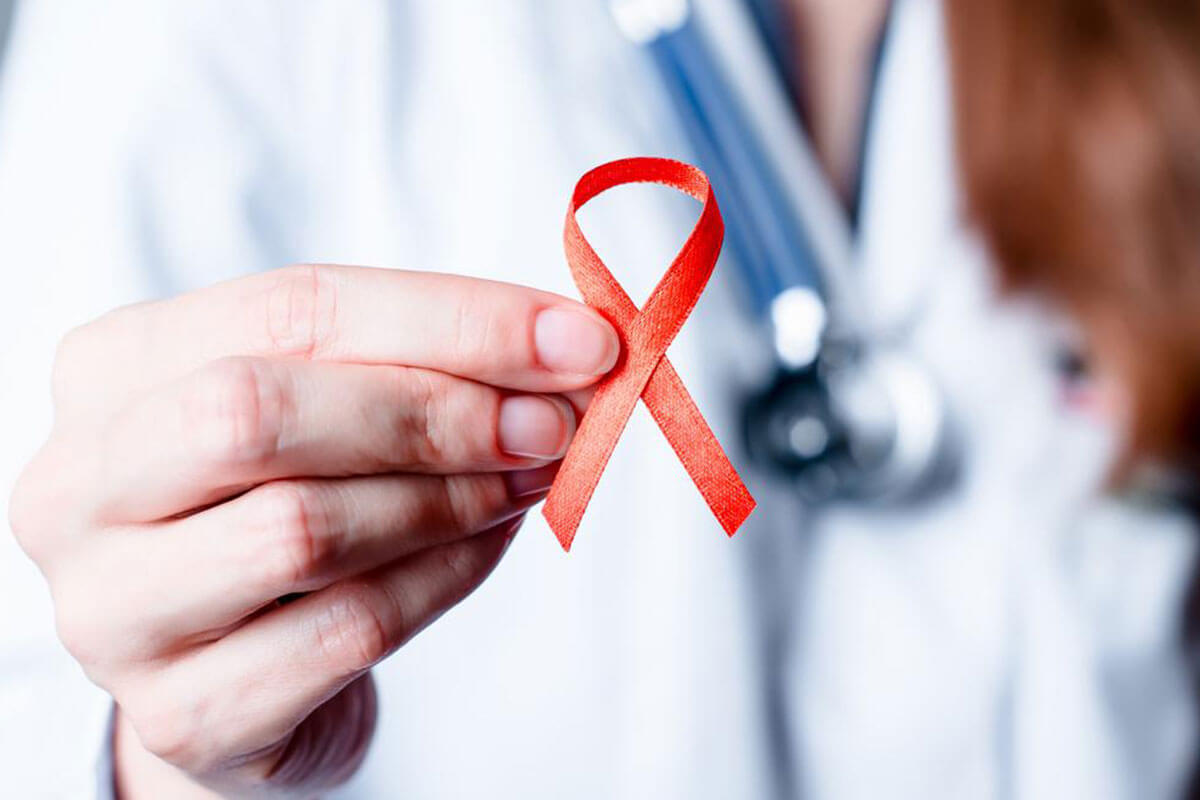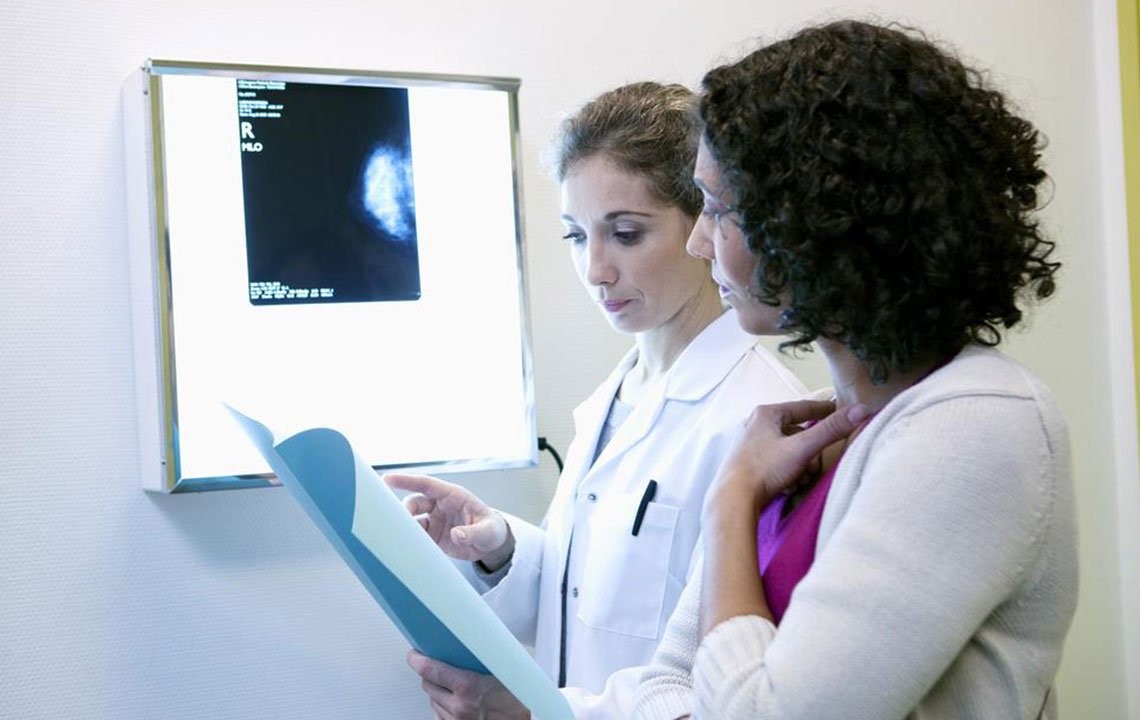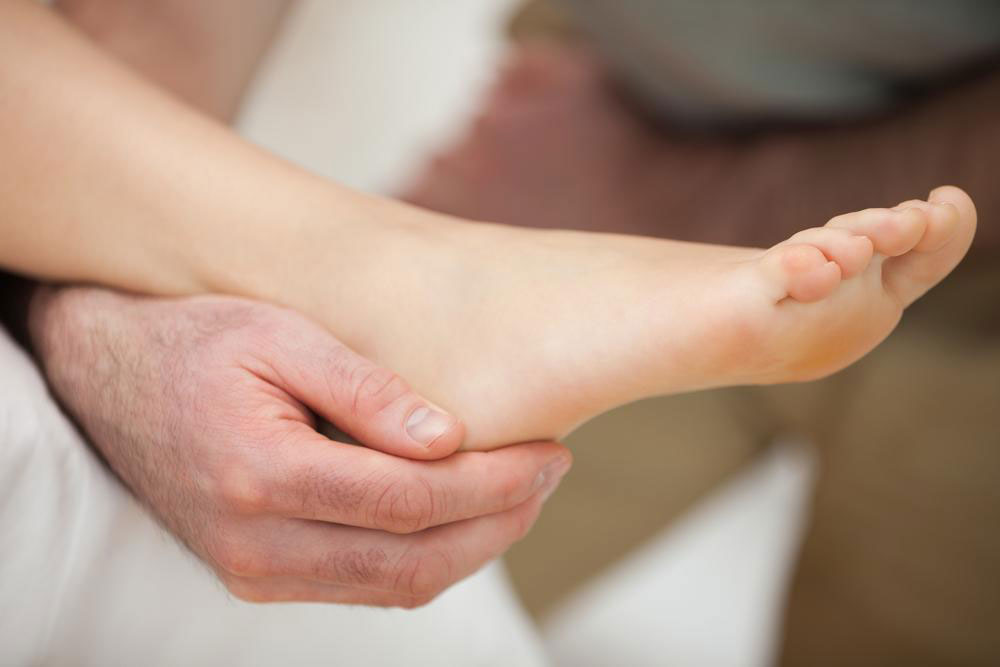Recognizing the First Signs and Indicators of HIV Infection
Early signs of HIV include fever, fatigue, swollen lymph nodes, skin rashes, digestive issues, persistent cough, and night sweats. Recognizing these symptoms promptly enables early diagnosis and treatment, helping to manage the condition effectively and prevent transmission. Always consult healthcare professionals if you notice these indicators for proper medical care.

HIV is a virus that progressively weakens the immune system, making the body more vulnerable to infections. Since there is no cure currently, early detection is vital. The virus spreads through contact with infected fluids, emphasizing the importance of awareness. Recognizing early symptoms allows for timely medical intervention, which can improve health outcomes and prevent further transmission.
Common early signs of HIV include:
Fever: The initial symptom occurs as the virus enters the bloodstream, triggering immune response and causing fever and sore throat.
Persistent fatigue and headaches: Due to immune system assault, individuals often feel exhausted and have frequent headaches, even after rest.
Swollen lymph nodes, joint pain, and muscle aches: Inflammation of lymph nodes in the neck, groin, or armpits can indicate HIV infection.
Skin rashes: Rashes may appear as itchy boils or spots, sometimes visible immediately after infection.
Digestive issues such as nausea, vomiting, and diarrhea: Early HIV can cause gastrointestinal discomfort, and persistent diarrhea warrants medical attention.
Chronic dry cough and sore throat: A lasting cough that does not improve with typical treatments can be a symptom of HIV.
Night sweats: Profuse sweating during sleep, regardless of room temperature, can occur in early or later stages.
Early recognition of these signs is crucial. Prompt consultation with healthcare professionals ensures early diagnosis and effective management.
Disclaimer: This article provides informational content on HIV symptoms. It should not replace professional medical advice. Always seek guidance from licensed healthcare providers for diagnosis and treatment.










